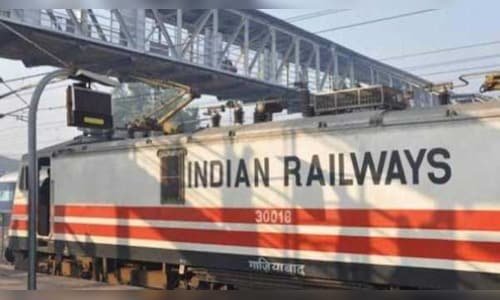The railway project includes doubling of the rail networks on two routes. The Koderma – Barkakana doubling network stretches 133 km, and serves as the shortest efficient rail link between Bihar’s Patna and Jharkhand’s Ranchi, while passing through a major coal producing area in Jharkhand. The cost of this project is estimated at ₹3,063 crore.
The second project, Ballari – Chikjajur doubling, stretches 185 km, and passes through Bhallari and Chitradurga districts of Karnataka and Anantapur district of Andhra Pradesh. This is estimated to cost about
₹3,342 crore.
Details of the two projects
The two rail projects have been commenced under PM-Gati Shakti National Master Plan for multi-modal connectivity for increasing the connectivity and movement of people, goods and services.
Both of these projects will cover seven districts across Jharkhand, Karnataka and Andhra Pradesh, and will increase the existing Indian Railways network by about 318 km. It will enhance connectivity to about 1,408 villages having a population of more than 28 lakhs.
Both the projects are expected to be completed within three years, Vaishnaw said.
Environment friendly, economically benefit
Vaishnaw also added that the two projects are also environment friendly and hold importance in terms of economic activity.
Both the routes are essential for transportation of commodities such as coal, iron ore, finished steel, cement, and fertiliser along with agricultural and petroleum projects.
The projects will reduce oil import by 52 crore litres and lower the carbon dioxide (CO2) emissions by over 264 crore kg, which is equivalent to plantation of 11 crore trees, the statement by the committee said.
